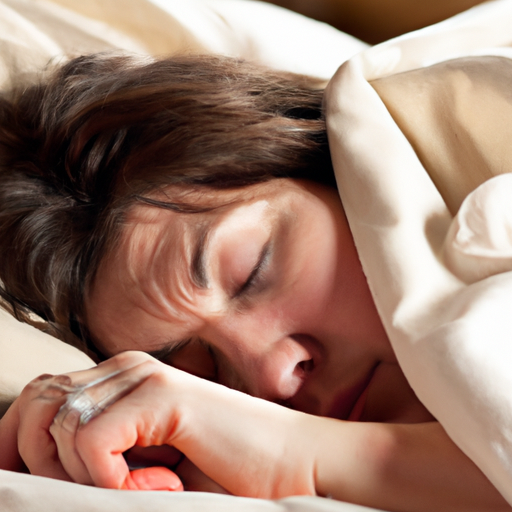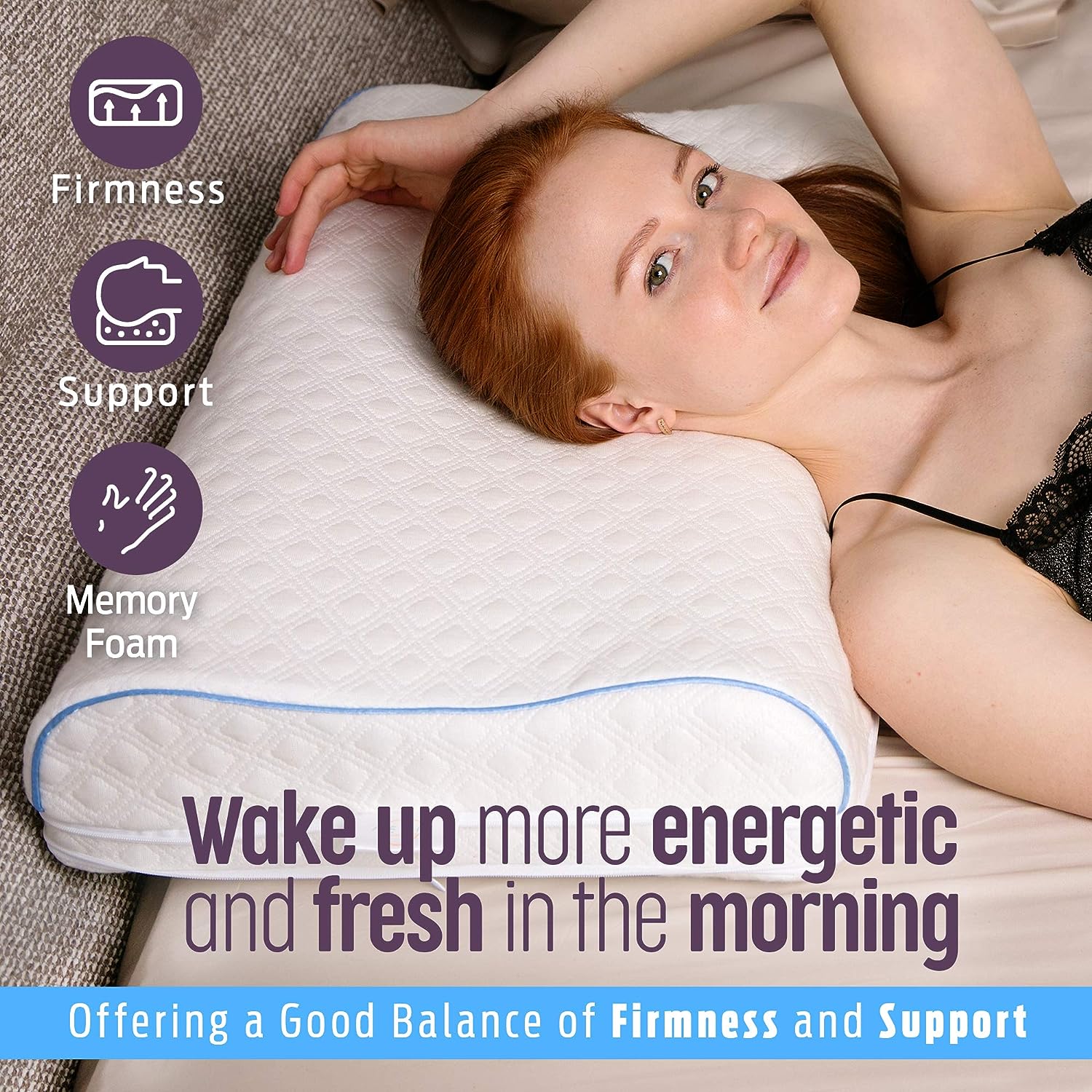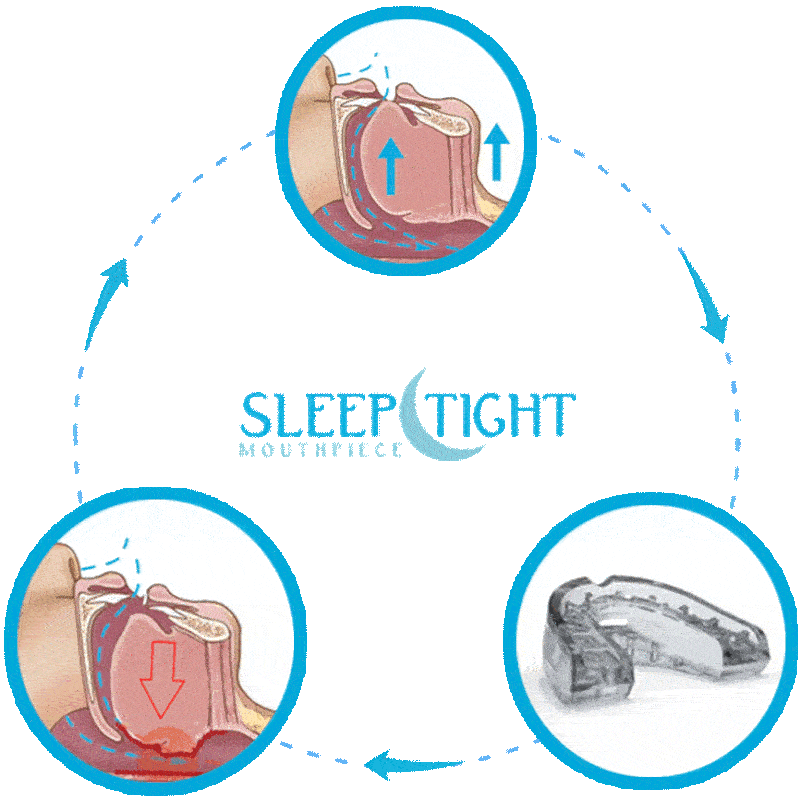Have you ever noticed that as you get older, your sleep patterns seem to change? Maybe you’ve started waking up more frequently during the night, or you find it harder to fall asleep in the first place. It’s a common experience, and it’s all due to the effects of aging on our sleep patterns. In this article, we’ll explore how aging can affect the way we sleep and the reasons behind these changes. Whether you’re experiencing these shifts in your own sleep patterns or just curious about the science behind it, keep reading to learn more.
One of the ways aging can affect your sleep patterns is through changes in your internal body clock. As we age, our bodies produce less melatonin, a hormone that helps regulate sleep-wake cycles. This decrease in melatonin can lead to difficulty falling asleep and staying asleep throughout the night. Additionally, older adults may experience a shift in their circadian rhythm, the natural 24-hour cycle that controls our sleep-wake cycles. This shift can result in feeling more tired during the day and, consequently, more awake at night. In the next sections, we’ll explore in more detail how these changes occur and what can be done to improve sleep as we age. So, let’s dive in and learn more about the fascinating relationship between aging and sleep patterns.
Introduction
Understanding the sleep patterns of aging is essential for maintaining overall health and well-being. As we age, our sleep patterns naturally change, which can have a significant impact on the quality and quantity of our sleep. In this article, we will discuss the various ways in which aging affects sleep patterns and explore the factors that contribute to these changes. We will also provide some tips on how to improve sleep in older adults.
Normal Sleep Changes with Aging
As we age, it is common to experience changes in our sleep patterns. While these changes may vary from individual to individual, there are some common trends that can be observed. One of the most noticeable changes is a decrease in total sleep time. Older adults tend to spend less time sleeping compared to younger adults. This decrease in sleep duration can lead to feelings of daytime sleepiness and fatigue.
Another significant change that occurs with aging is increased fragmented sleep. Older adults often find themselves waking up multiple times during the night, which can disrupt the natural sleep cycle. This fragmented sleep can lead to difficulties in falling back asleep, resulting in a reduced sleep efficiency.

Physiological Factors Impacting Sleep in Older Adults
Several physiological factors contribute to changes in sleep patterns as we age. One of these factors is changes in melatonin production. Melatonin is a hormone that regulates our sleep-wake cycle. As we get older, there is a decrease in the production of melatonin, which can lead to difficulties in falling asleep and maintaining a regular sleep schedule.
Additionally, the health of sleep-promoting cells in the brain may decline with age. These cells play a crucial role in regulating sleep, and their deterioration can lead to disruptions in sleep patterns. Age-related medical conditions can also have a significant impact on sleep. Conditions such as sleep apnea, chronic pain, and restless legs syndrome are more prevalent in older adults and can interfere with the quality of sleep.
Furthermore, medications commonly prescribed to older adults, such as certain antidepressants and medications for high blood pressure, can affect sleep patterns. These medications may have side effects that disrupt the natural sleep-wake cycle, leading to difficulties in falling and staying asleep.
Psychological Factors Influencing Sleep Quality
Psychological factors can also play a role in sleep disturbances in older adults. Increased anxiety and stress are common in older age, and these emotional states can significantly impact sleep quality. Persistent worrying and feelings of restlessness can make it challenging to fall asleep and stay asleep throughout the night.
Depressive symptoms are also prevalent in older adults and can have a profound effect on sleep. Insomnia, hypersomnia (excessive sleepiness), and changes in sleep patterns are often associated with depression. The combination of depressive symptoms and sleep disturbances can create a vicious cycle, where poor sleep exacerbates depression, and depression worsens sleep.
Age-related cognitive changes can also influence sleep quality. Older adults may experience difficulties with memory, attention, and concentration, which can affect their ability to fall asleep and maintain continuous sleep. Additionally, sleep disorders such as sleep apnea and insomnia are more common in older adults and can further contribute to cognitive decline.

Environmental Factors and Sleep Disturbances in Older Adults
Environmental factors can significantly impact sleep quality in older adults. Noisy sleeping environments can disturb sleep and prevent older adults from reaching deep, restorative sleep stages. External noises, such as traffic or loud neighbors, can disrupt sleep and lead to fragmented sleep patterns.
Temperature regulation can also pose challenges for older adults. Changes in body temperature during aging can make it difficult to maintain a comfortable sleep environment. Fluctuating temperatures during the night can lead to sleep disturbances and interruptions.
Another environmental factor that affects sleep is light exposure. Increased sensitivity to light in older adults can make it harder to fall asleep and stay asleep. Exposure to bright light, particularly in the evening, can suppress melatonin production and disrupt the natural sleep-wake cycle.
Uncomfortable bedding and mattresses can also contribute to sleep disturbances. Older adults may experience discomfort due to arthritis, joint pain, or other age-related conditions. Investing in a comfortable mattress and bedding can significantly improve sleep quality.
Impact of Lifestyle Choices on Sleep as You Age
Certain lifestyle choices can impact sleep patterns as we age. Engaging in regular physical activity has been shown to improve sleep quality in older adults. Exercise promotes a healthy sleep-wake cycle and can reduce symptoms of sleep disorders.
Dietary factors can also play a role in sleep quality. Avoiding heavy meals close to bedtime and consuming foods that promote sleep, such as nuts, dairy products, and herbal teas, can help improve sleep in older adults. Additionally, limiting caffeine and alcohol consumption, especially in the evening, can prevent sleep disruptions.
Smoking is another lifestyle habit that can negatively affect sleep quality. Nicotine is a stimulant that can interfere with falling asleep and staying asleep. Quitting smoking can lead to significant improvements in sleep patterns.

Gender Differences in Sleep Patterns Among Older Adults
There are some notable gender differences in sleep patterns among older adults. Hormonal influences on sleep can differ between men and women. Changes in hormone levels, particularly during menopause in women, can lead to sleep disturbances such as hot flashes and night sweats.
Menopausal symptoms, such as insomnia and disrupted sleep, can significantly impact sleep quality in women. Hormone replacement therapy (HRT) may be an option for managing these symptoms and improving sleep in menopausal women.
Certain sleep disorders are more common in women, such as insomnia and restless legs syndrome. Women may also experience different sleep challenges related to pregnancy and menopause.
Techniques for Improving Sleep in Older Adults
There are various techniques and strategies that older adults can employ to improve their sleep quality. Establishing a consistent bedtime routine can signal the body to prepare for sleep and promote a more restful night’s sleep.
Creating a comfortable sleep environment is essential for quality sleep. Ensuring the bedroom is quiet, dark, and at a comfortable temperature can help promote better sleep. Investing in a supportive mattress and comfortable bedding can also contribute to a more restful sleep experience.
Managing stress and anxiety is crucial for improving sleep in older adults. Engaging in relaxation techniques such as deep breathing exercises, meditation, or gentle yoga can help calm the mind and promote relaxation before bedtime.
Cognitive-behavioral therapy for insomnia (CBT-I) is an evidence-based treatment that has been shown to be effective in improving sleep in older adults. CBT-I involves identifying and addressing negative thoughts and behaviors that contribute to sleep disturbances.

The Importance of Seeking Medical Help for Sleep Issues
If you are experiencing persistent sleep disturbances, it is important to seek medical help. Identifying and diagnosing sleep disorders is crucial for developing an appropriate treatment plan. Sleep disorders such as sleep apnea, insomnia, and restless legs syndrome can significantly impact sleep quality and overall health if left untreated.
Medical treatments and interventions, such as continuous positive airway pressure (CPAP) therapy for sleep apnea or medications for insomnia, may be recommended by healthcare professionals to improve sleep quality. Collaborating with healthcare professionals will ensure that the most appropriate treatment options are explored.
Monitoring sleep patterns through the use of sleep tracking devices or a sleep diary can provide valuable insights into sleep quality and help identify any underlying issues that may be contributing to sleep disturbances.
Sleep Hygiene Tips for Older Adults
In addition to the techniques mentioned earlier, adopting good sleep hygiene practices can significantly improve sleep quality in older adults. Maintaining a regular sleep schedule by going to bed and waking up at the same time each day can help regulate the body’s internal sleep-wake cycle.
Limiting daytime napping to 20-30 minutes and avoiding napping close to bedtime can prevent excessive daytime sleepiness and promote better nighttime sleep.
Creating a relaxing sleep environment by eliminating noise, implementing blackout curtains to block out light, and using white noise machines or earplugs can create a more conducive sleep environment.
Avoiding stimulating activities before bed, such as using electronic devices or engaging in intense physical exercise, can signal the body to wind down and prepare for sleep.
Conclusion
Aging can have a significant impact on sleep patterns, and understanding these changes is crucial for maintaining good sleep quality and overall health. By recognizing the various factors that influence sleep in older adults, such as physiological changes, psychological factors, environmental factors, lifestyle choices, and gender differences, individuals can take proactive steps to improve their sleep.
By implementing techniques such as establishing a consistent bedtime routine, creating a comfortable sleep environment, managing stress and anxiety, and seeking medical help when necessary, older adults can improve their sleep quality and enjoy the numerous benefits of a good night’s sleep. Prioritizing sleep as we age is essential for maintaining optimal health and well-being. Take the necessary steps to care for your sleep, and reap the rewards of a restful night’s sleep.



